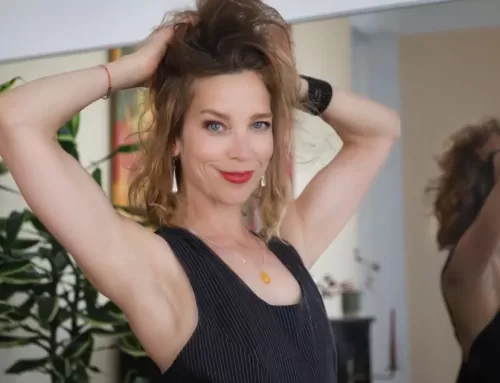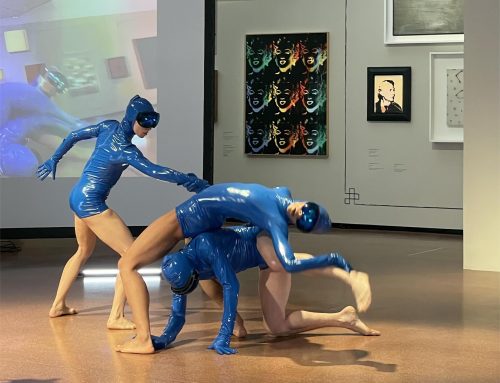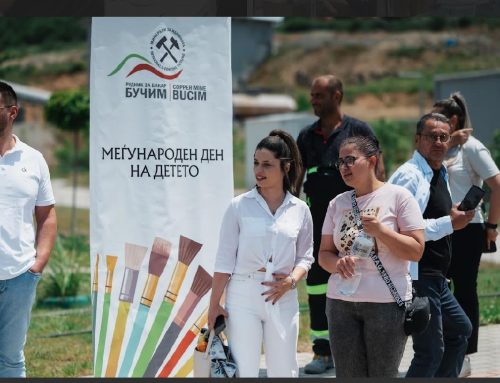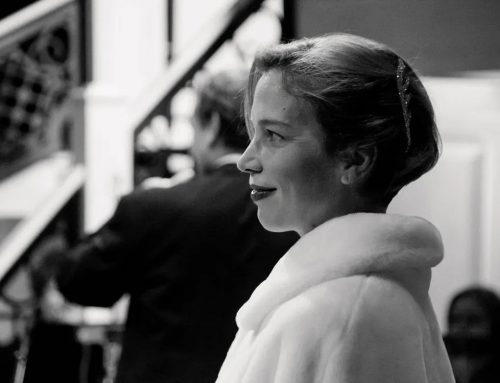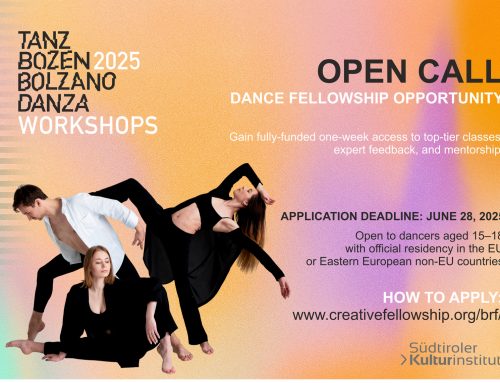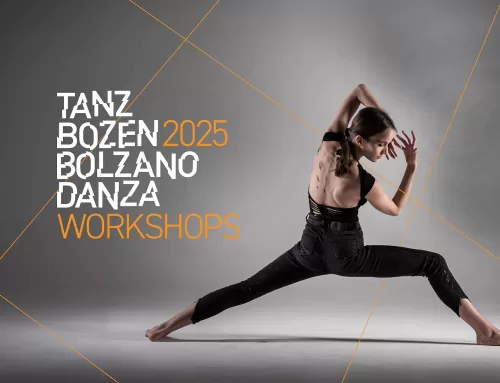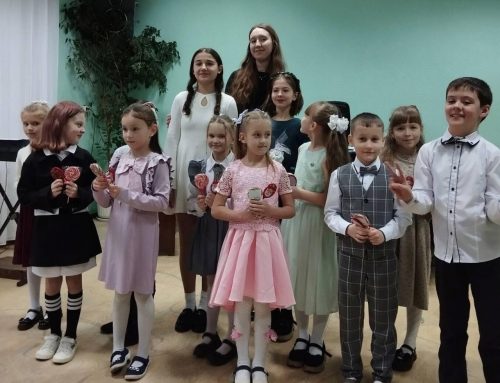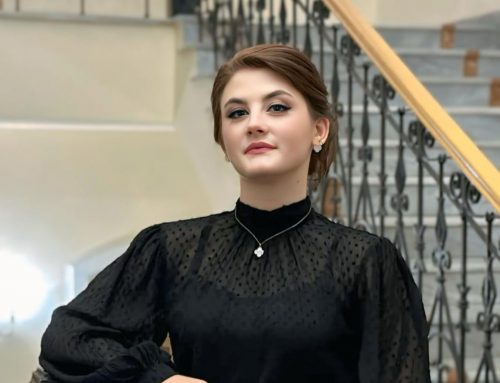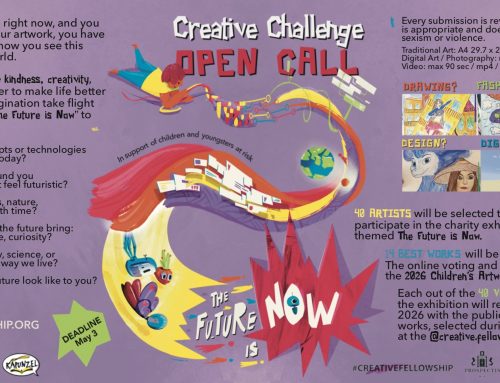The children’s and youth program at the Salzburg Festival went almost unnoticed by the public significantly expanded. However, it is realized solely through the commitment of sponsors.
Ursula Gessat has long since got used to it: the realization of programs for children and young people at opera and theaters requires financially strong sponsors. That was the case at the Bavarian State Opera, where Gessat headed the educational program for the past 13 years, and now also at the Salzburg Festival: Without the Uniqa, without Raiffeisen and the Solway investment group, none of the 62 festival performances of “young and everyone “can be realized.
This is the name given to the children’s and youth program of the festival, which was noticeably expanded in the anniversary year. Gessat proudly lists the productions that are offered during and outside of the festival season. There are seven productions at a total of 30 venues. In addition, there is an extensive participation program and many mediation offers for the 6,000 young people who were able to secure youth tickets. “We reach a wide audience, especially with the projects we go to school with,” says Gessat.
The question of which audience one is addressing is not only central to the cultural program offered for adults. Can you, according to the current crucial question in cultural policy, get people with less income or education interested in culture? In the past it was mostly children of parents with an affinity for culture who sat down in the children’s operas offered by the Salzburg Festival.
With Gessat’s commitment in March of this year, the festival’s sphere of activity was also to be expanded to include children and young people. For the first time in history, a full-time position was created for the youth sector, and for the first time it is no longer the children and young people who have to find their way to the festival – the festival comes to them. Since the end of the lockdown in May, five mobile productions have been traveling through the federal state of Salzburg, flanked by participation projects in which intermediaries at the schools set up independent projects with children and young people. “It all happens during school days,” says Gessat, “so we reach all the students in a class.”
39 were there this year, a total of 27 elementary schools took part. A great success, says Gessat, after all, the framework conditions were not easy due to Corona. “Now we have to ask ourselves how we can also become more diverse in the children and youth projects during the festival.”
A question that also worries Festival President Helga Rabl-Stadler. The average age of the festival visitors is high, a refreshment of the audience with regard to the future of the festival is necessary. “Our youth brace may still seem a bit hand-knitted at the moment,” says Rabl-Stadler, “but I wear it very close to my heart.” As the festival president, she is responsible for sponsoring herself, without which the festival would look a little different. There would be neither a Young Conductors Award (Rolex sponsors) nor a Young Singers Project (powered by Kühne).
Fellows come to Salzburg
The president is also responsible for expanding the youth sector. The Solway Investment Group , which is active in Macedonia, Ukraine and Guatemala, has been supporting opera camps since 2018; in addition to Raiffeisen and Uniqa, they are now on board for the entire youth sector . “We have set up fellowship programs for young people in the countries in which we operate,” explains CEO Dan Bronstein, “our commitment in Salzburg is closely linked to this.” Every year, six young people are given the opportunity to take part in an opera camp, the financial expenditure of the group working in the mine area is “several hundred thousand euros” for the entire youth sector.
Neither Rabl-Stadler nor Bronstein want to disclose details. The President, like Gessat, is relieved that the children and youth program is financially secure. “Of course it would be great if money could flow from the public purse for children and youth programs,” says the music theater teacher.
Or, one has to add, the festival would also fall back on its own budget.
Elisabeth Naskes opera “Vom Stern That Couldn’t Shine” is the highlight of the festival’s youth program.
The trained theater pedagogue Ursula Gessat is responsible for the youth program of the Salzburg Festival.
Translation of Der Standard and Original text by Stephen Hilpod
Photo: https://instagram.com/photographicstoryteller


